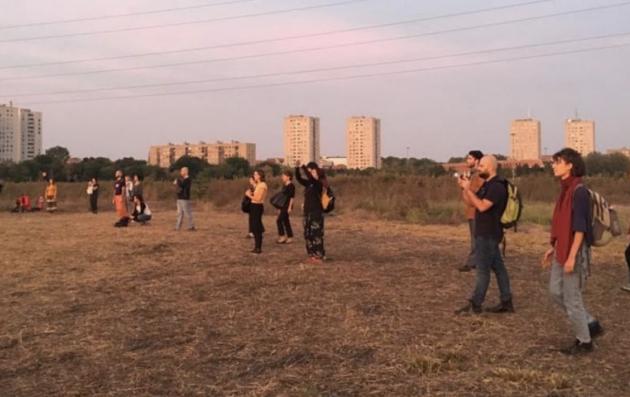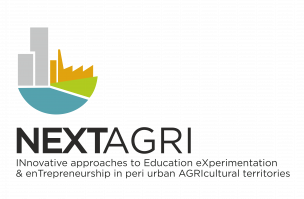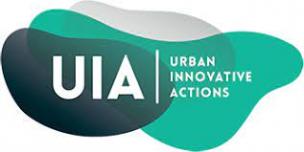Summary
The City of Milan decided to set up an urban coalition with a series of partners (Universities, companies, associations) in order to apply for the first call of UIA Initiative, with the desire to scale up this positioning in the peri-urban agricultural industry, setting up a stable growth and creating new jobs and skills.
OpenAgri is mainly an urban policy experimentation that follows the place-based approach, focusing on new skills for new jobs in peri-urban agriculture. The project area can be defined as an “urban fringe”, representing the transition zone between the consolidated part of the City and the agricultural lands. The challenge was to locate an innovative urban service aimed at creating new jobs, skills, start- ups and innovation in agri-food sector while increasing the level of resilience and sustainability of the City.
OpenAgri (1) improved entrepreneurship by fostering the creation of new innovative firms and social enterprises focusing on sustainability in periurban agriculture and the agri-food sector; (2) Contributed to the overall regeneration of a fringe area promoting a strong focus on social inclusion; and (3) Exploited the potential of several food policy experiments within a single integrated.
The innovative solution
OpenAgri is a step forward in the capacity to deliver an innovative integrated strategy. It represents experimental initiatives in the field of labour and innovation policy. The following solutions can be offered:
- Solution 1: Educational and training environment: competencies validation and certification, educational services delivery, business planning, linkages with educational institutions;
- Solution 2: Experimentation Lab: explores innovative techniques in urban agriculture and engage a series of partners on making the best use of public owned 33 hectares plot of land surrounding the south Milan Parco Sud boundaries.
- Solution 3: Entrepreneurship: The process to find innovative projects, agriculture entrepreneurs, companies and/or startups and other organized parties.
- Solution 4: Resilient territorial development: The peri-urban transformation of Milano changed due to OpenAgri capacity to create strong, mutually supportive linkages between rural and urban areas and to engage stakeholders, like MMA spa, with the capacity to promote further investment.
A collaborative and participative work
OpenAgri partnership is a good example of a participative approach, since it brings local stakeholders from education and training, agricultural, cultural, social and policymakers. It is a very complex and integrated project because it keeps together many different dimensions and makes them work in a specific place, but also in a city systematically. It was an opportunity to relate areas of competence of the administration that are very different from one another and that are used to look at problems from their single point of view. This project necessarily had to confront with the people responsible for environment, urban planning, agriculture, labour. Such an integrated project forced to create new relationships and we learned something from this collaboration.
The impact and results
The agro-ecological and landscape design developed by the 30-hectare Masterplan created a new locality for the city. This means designing for shared access to systems and services, planning functional infrastructures, and activating networks between people, places and products.
The focus was on business development and innovation. The best example is the incubation and startups support that developed innovative projects in agriculture and circular economy, with particular focus on the water resource and its use within the food supply chains, along a cycle that goes from production, to transformation, to consumption, to waste and reuse of waste.
Acting smart in the context of OpenAgri was not only about technology, but more about the smart use of local resources and amenities and finding the right balance of business diversity, to create an economy that is specialised but still resilient.
Why this good practices should be transferred to other cities?
OpenAgri is an experimental project that challenge existing practices and regulations in cities, regions, policy fields and local contexts. The project proved to be an excellent opportunity to experiment a hypothesis of work that is inherent to UIA program. This is very interesting because it means to start not from a regeneration of the container, but from the activation of new economic dynamics.
It was an opportunity to relate areas of competence of the administration that are very different from one another and that are used to look at problems from their single point of view. This project necessarily had to confront with the people responsible for environment, urban planning, agriculture, labour.
OpenAgri is now a hub for the agri-food sector but the city wants it to be a more complex hub that will work not only on the themes of peri-urban agriculture, but also on circular economy, trying to put them in relation. They have understood that there are interesting connections between peri-urban agriculture and for example the water cycle, thanks to the nearby water purifier. There is clear evidence that the core principles and components will now apply at a larger scale within Milan but also in other European cities.



